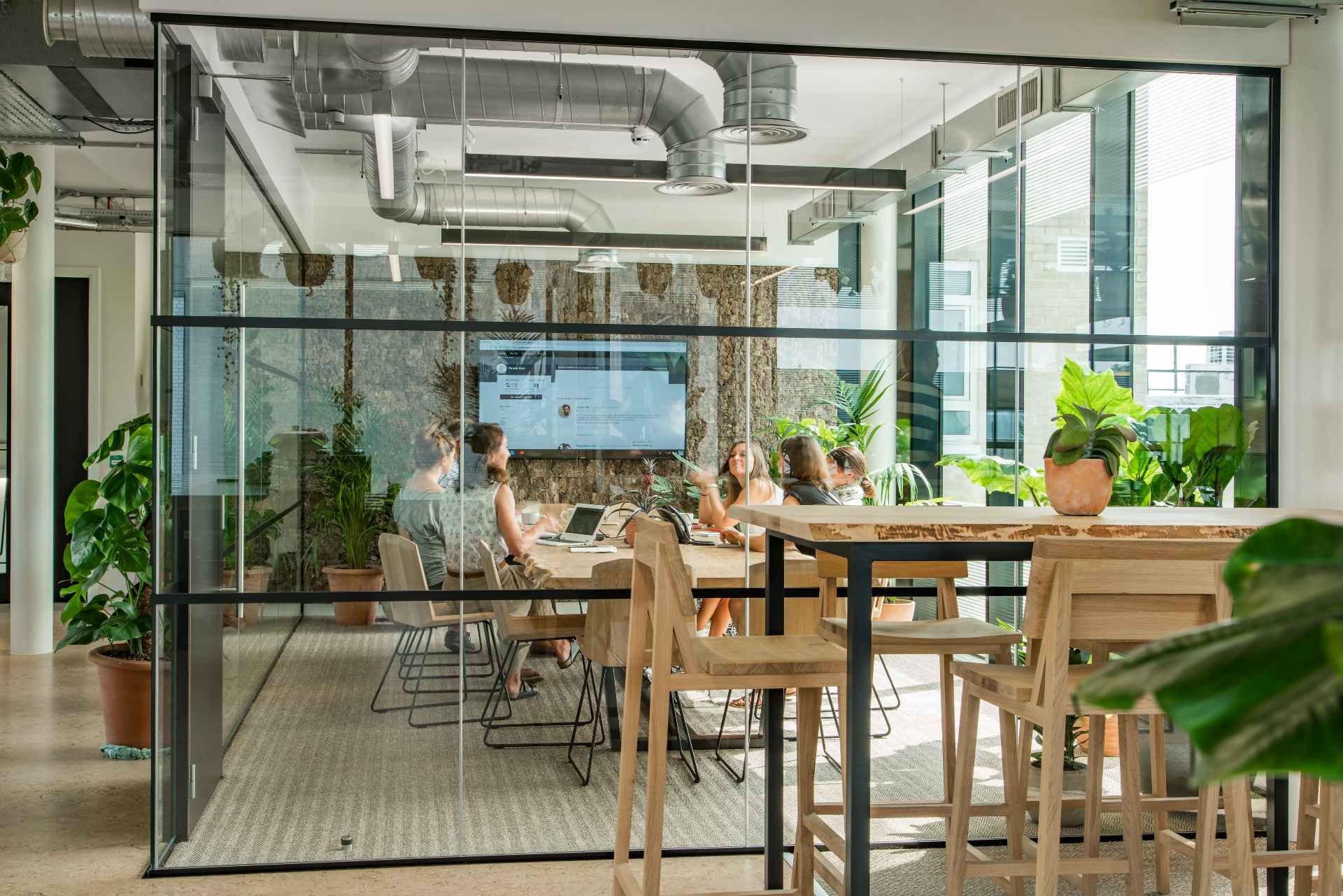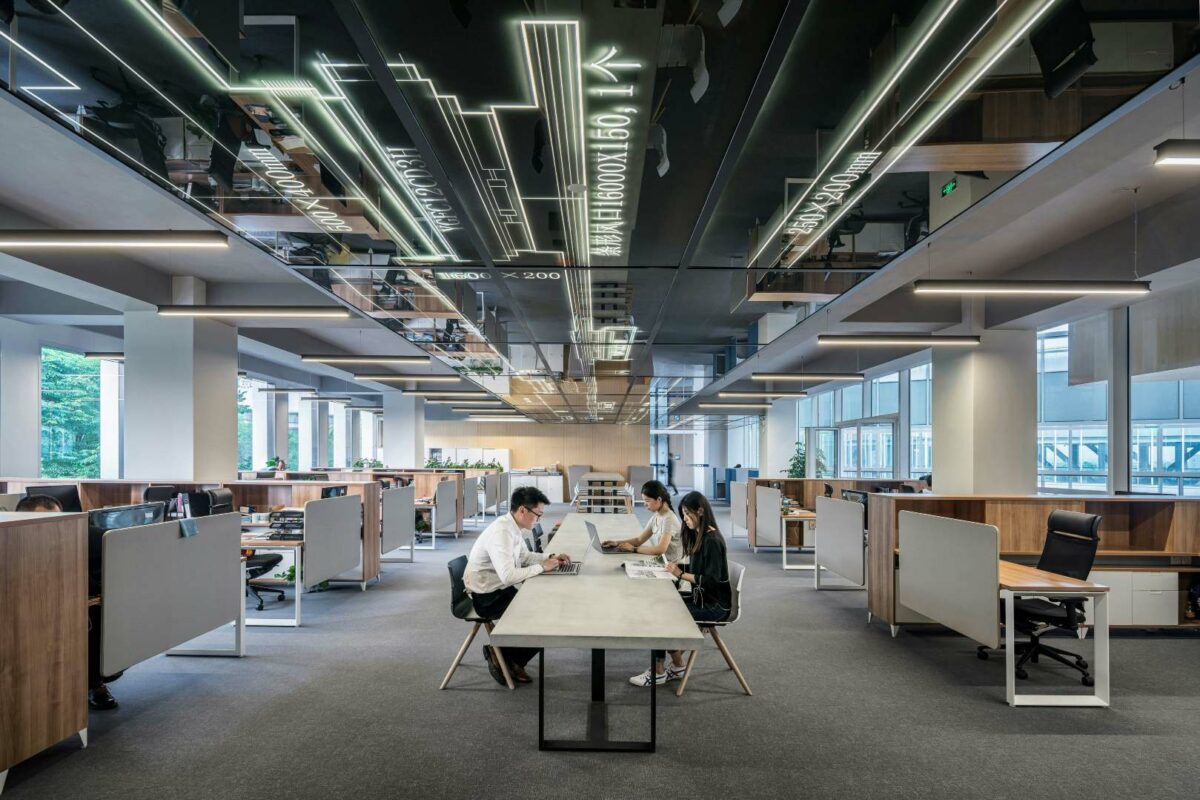Like many other things in life, the novelty factor of being back in the office was likely to wear thin sooner or later, writes Leeson Medhurst, Head of Strategy at Peldon Rose. So, how can businesses get people coming back time and again, and ensure they continue to benefit from the experience, when many are now armed with greater choice and indeed power? The majority of employees can now stay at home, or come in – it’s as simple as that. And they need a better draw than weekly office drinks or the odd perk to consistently get them into the workplace.
It’s interesting to consider this idea in another setting, such as a religious building, where the use of a physical building has remained consistent, not just decades, but centuries. Over time, these places have helped to build a strong community of like-minded individuals who support each other, whilst ultimately making people feel safe. We can use this as a reference, showing us that we need to look at ways we can replicate this sense of community from a building within the workplace, and see how businesses can keep the office alive, fresh, and exciting in order to keep drawing employees back in.

Encouraging community spirit and wellbeing
Creating a feeling of community in the workplace is about bringing employees together and making them feel part of something; creating belonging and harnessing something that you can’t create anywhere else. This needs to go beyond tokenistic gestures or creating a short-lived sense of `FOMO’ and speak directly to company culture and values.
Go beyond tokenistic gestures or creating a short-lived sense of `FOMO’
The workplace is a physical embodiment of what a business stands for, it needs to reflect and represent your employees, and it can really help foster a sense of belonging, community, and positive wellbeing. However, for a workplace to be fully embraced, your workforce must authentically buy into it and most importantly, want to be a part of it.
Introduce meaningful initiatives
Again, if businesses want to show genuine dedication, they should do more than short-term gestures, particularly at a policy level. The occasional week of health and wellbeing classes, or bi-annual yoga just won’t cut it, and they honestly won’t help reflect or represent true culture. Initiatives need to be continuous, frequent, and ongoing, and something which employees literally live and breathe.
Arguably, these initiatives mean more to those at the start of their careers, and it is worth remembering that the office can be a crucial lifeline for junior staff. Younger employees and graduates need to be able to learn and grow under their seniors and incorporating further policies and ongoing learning sessions can be a great addition to a business’s offering. Lunch-time learnings, CPDs and networking are all great ways of engaging the junior team, and these don’t have to be purely work focused either. Sessions based around a variety of self-improvement topics can benefit employees in both work and private life – so they’re a win for all. Lifelong relationships and friendships are cultivated at work, and these bonds can revolutionise productivity and boost wider culture – so business leaders such grab any chance they can to aid the process, and this includes allowing for socialisation.

The value proposition
Ultimately, the value proposition of your workplace and wider business must appeal to employees more than the draw to stay at home. Companies need to do everything possible to make employees feel valued and part of the office community.
Offering these features and meaningful policies could help employees wake up each day with the mindset of being excited to go into the office, creating a ‘destination’ feel. Businesses who have implemented this successfully are rewarded with a motivated and loyal workforce, who love where they work and are fully invested in culture and overall success.
By Leeson Medhurst, Head of Strategy at Peldon Rose.
Peldon Rose is a workplace design and build company specialising in creating workplaces which elevate the lives of the people who use them while delivering real business value.
Taking a bespoke approach to every project, Peldon Rose and its team of workplace thinkers and makers invest time to learn about a business to create an office space that reflects the identity of a client. By offering an end-to-end service using evidence-based design and strong, collaborative relationships with clients, Peldon Rose deliver workspaces which inspire and promote a positive business culture.
Learn more about Peldon Rose here.
Content Team
Work in Mind is a content platform designed to give a voice to thinkers, businesses, journalists and regulatory bodies in the field of healthy buildings.




